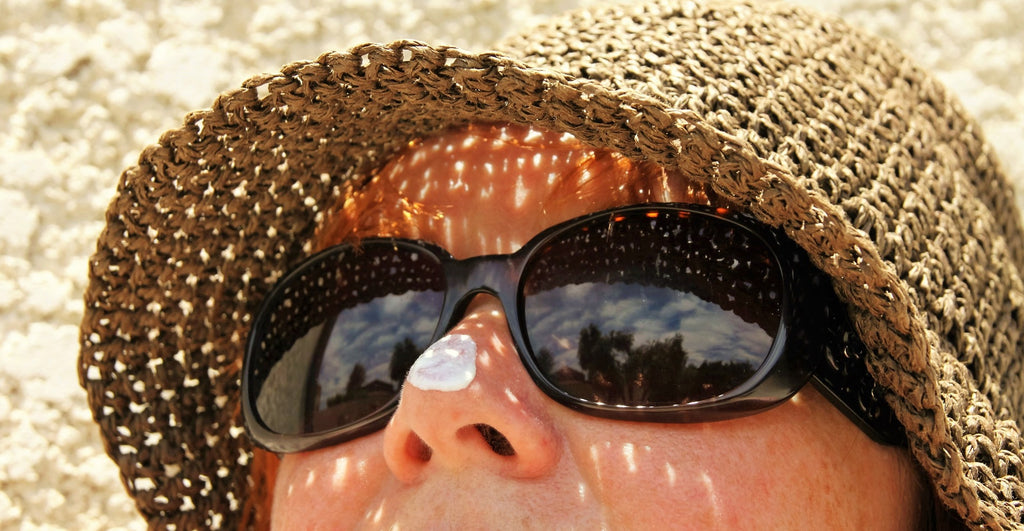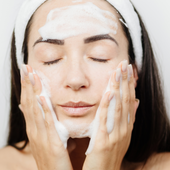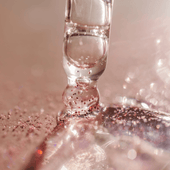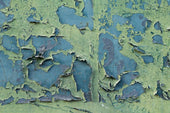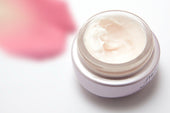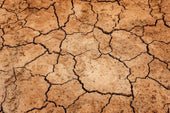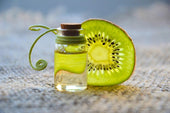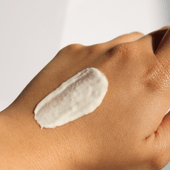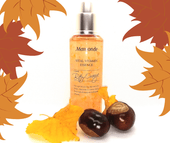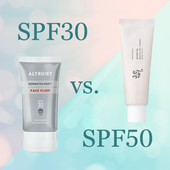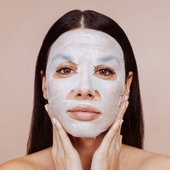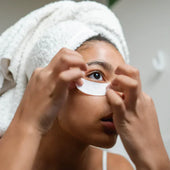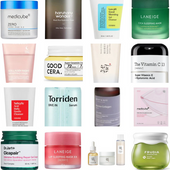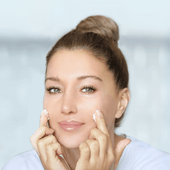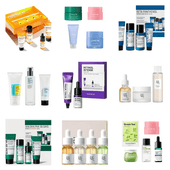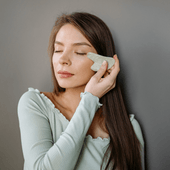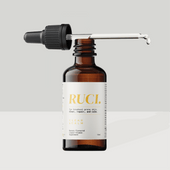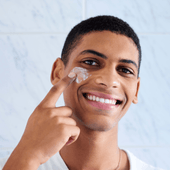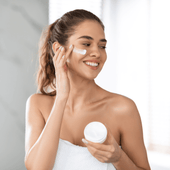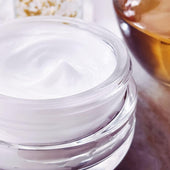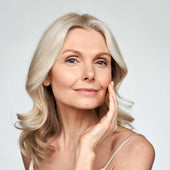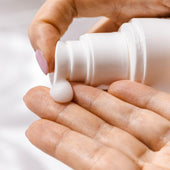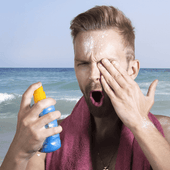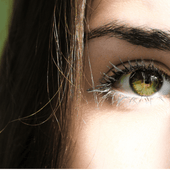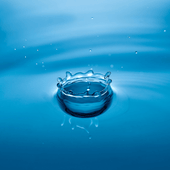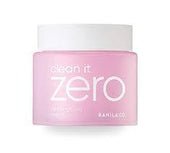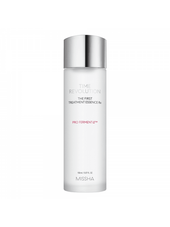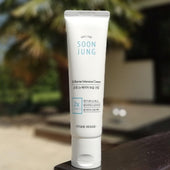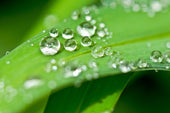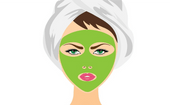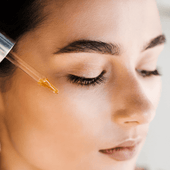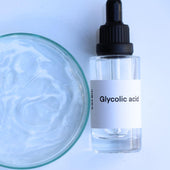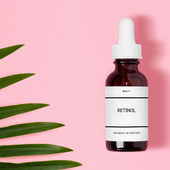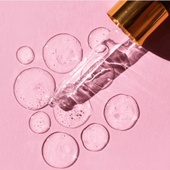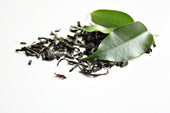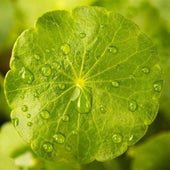Throughout our lives our skin is constantly changing. As we get older these changes become more apparent as we develop wrinkles, fine lines and dull skin.
While we can't turn back the hands of time, we can understand how our skin ages and take steps to reduce unnecessary damage.
Get to Know Your Skin
Our skin might seem like one thing but is made up of different layers. The important ones for us are the outer layer - the epidermis - and the layer just below this - the dermis. The epidermis provides toughness and water resistance and is where dead skin cells are shed from. The thicker dermis houses the nerves, fat and blood vessels, as well as elastin and collagen that keep the skin firm.
Natural Ageing
Our skin has an unstoppable natural ageing process that is part of our DNA. From the age of just 20 collagen production in our dermis starts to fall, and our remaining collagen and elastin fibers become thicker and looser which eventually results in wrinkly sagging skin.
In our epidermis the story is not much better, as in our twenties exfoliation starts to fall and dead skin cells accumulate. By the time we reach our thirties the transfer of moisture from the dermis to the epidermis slows, making our skin look dull and tired. Then, in our 40s, collagen production stops altogether giving rise to lines and wrinkles. From 50 onwards our skin starts to dry out and bruise easily, looking tired and damaged.
So far, so depressing.
However, all is not lost. Why? Because our genes are only half of the equation. The other crucial factor in how our skin ages is related to our lifestyle, our environment and how we care for our skin. Make the wrong choices now and we can greatly accelerate the damage done, get things right and we can give Mother Nature a helping hand.
Environmental Factors
Chemical changes in our skin can cause the same damage as the natural ageing process, only a lot sooner. Free radicals are damaged atoms and molecules that change the chemical composition of our skin, breaking down collagen and elastin. They can be caused by pollution, smoking and ultraviolet radiation.
Thankfully this is something we can control. Avoiding pollution, quitting smoking and wearing suncream can prevent the release of those damaging free radicals. There are also anti-oxidant products and vitamins C and E that help protect our skin.
Our skin's number one enemy is ultra-violet radiation from the sun. Not only does UV release free radicals but it can also damage fat cells in our skin, causing them to scar and affecting our skin's elasticity.
Give Skin a Helping Hand
Developing a habit of applying a
high SPF (35 plus) suncream before we go outside is the single most effective way to prevent our skin from looking old before its time.
We can also replace the moisture that our skin has stopped producing by using
moisturiser as part of a daily skincare routine. This makes our skin look fuller, brighter and less tired. Regular exfoliation helps remove dead skin cells and helps our skin look brighter and healthier.
As the natural ageing process progresses it becomes necessary to evolve our skincare routine to help our skin replace the substances that we once produced naturally. Great products for older skin are those that boost collagen production and deliver anti-oxidant properties.
We all will grow old, but by looking after our skin and protecting it from unnecessary environmental damage we can give it a helping hand and keep it looking - and feeling - healthier for longer.
Refresh Skincare has a great range of skincare products for all types of skin. All the products have been selected for the ingredients they contain to give you the results that you are looking for. Explore the range here and subscribe to our newsletter for a 10% discount on your first order.
About the Author

Priscilla
Skincare fanatic and co-founder of Refresh Skincare
Follow the author on social media:


